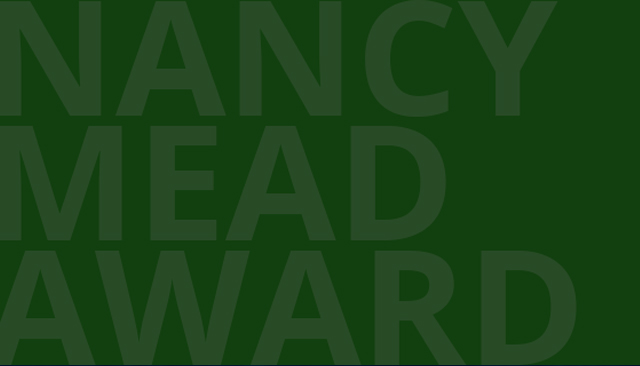Congratulations David Letham!

Congratulations to David Letham who has been invited to the Gives Back Awards 2022, on behalf of University of St Andrews Charities Campaign. David is one of the first winners of the making a difference Award. This new Award comes from students and staff who would like to nominate members of staff who have gone … Congratulations David Letham!
